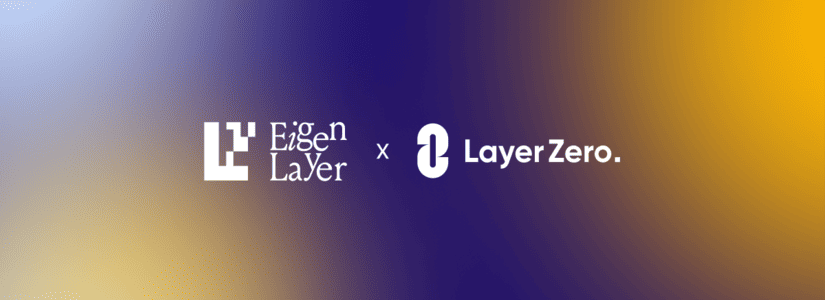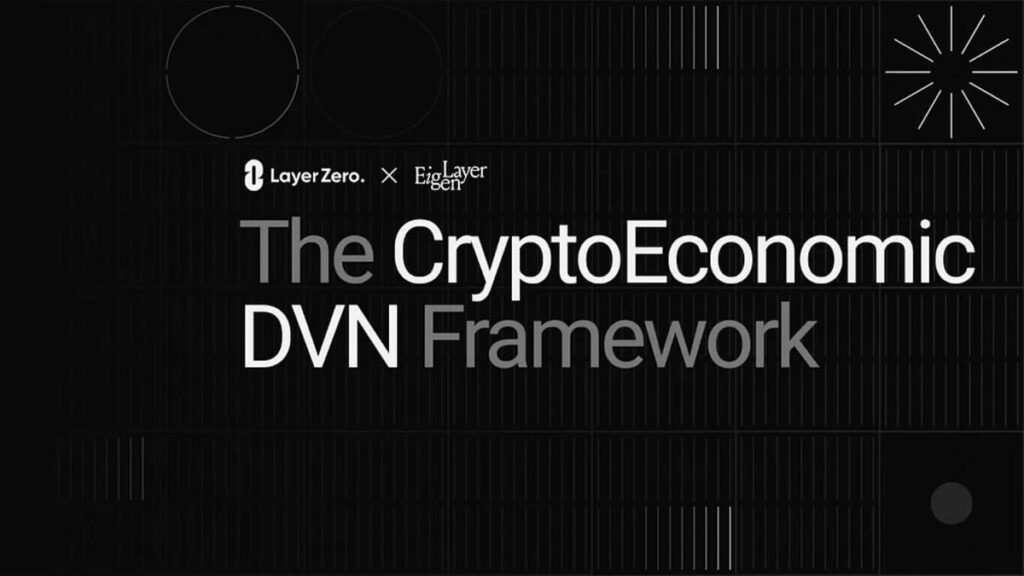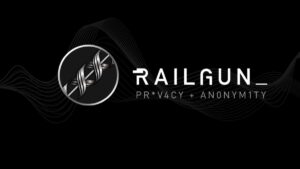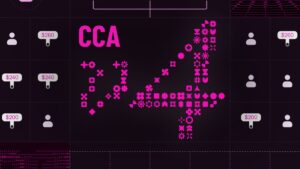TL;DR
- LayerZero and EigenLayer have launched the CryptoEconomic Decentralized Verifier Networks (DVNs) framework, establishing a new standard for communication between chains.
- Users can secure omnichain messaging by staking assets such as ZRO, EIGEN, and ETH, promoting integrity in data transmission.
- The system incorporates verification and veto mechanisms to sanction verifiers who act dishonestly, penalizing their staked assets in case of discrepancies.
LayerZero and EigenLayer have announced the launch of the CryptoEconomic Decentralized Verifier Networks (DVNs) framework, which introduces a new standard for communication between blockchains through cryptoeconomic security mechanisms.
This innovative development allows users to secure omnichain messaging by staking assets such as ZRO, EIGEN, and ETH. The goal is to provide a solid foundation for applications that require a high level of integrity in data transmission.
🔒 Introducing CryptoEconomic DVNs
LayerZero Labs and @Eigen_Labs have co-developed the CryptoEconomic DVN Framework, enabling DVNs to enhance security with cryptoeconomic guarantees. This framework allows projects to easily bootstrap a DVN on EigenLayer using ANY tokens and… pic.twitter.com/yGzDuelZJc
— LayerZero (@LayerZero_Core) October 2, 2024
The DVN framework establishes a system where verifiers, responsible for validating the transmitted information, are not only technically qualified but also financially incentivized to act honestly.
By requiring that assets be staked as collateral, an environment is promoted where dishonesty can prove costly. In the event of discrepancies in messages, verification and veto mechanisms are implemented, allowing users to participate in the resolution process, ensuring that any incorrect behavior by verifiers can be sanctioned.
How Does the New System Work?
This new approach to the security of messaging between chains is based on a structured process divided into three phases: verification, veto, and slashing. During the verification phase, a user can initiate a message that travels across several chains and is verified by independent DVNs, reducing the risk of collusion. If a discrepancy is found, a veto contract is triggered, allowing token holders to decide on the corresponding sanctions for the involved verifiers. If the veto is confirmed, the staked assets may be slashed, penalizing those who act maliciously.

LayerZero and EigenLayer Bring New Security Standards
LayerZero, as an omnichain interoperability protocol, allows for the secure transmission of messages across over 80 blockchains, opening new opportunities for the development of applications that operate simultaneously on multiple networks. EigenLayer, for its part, provides a decentralized security infrastructure, allowing developers to leverage previously staked assets to secure new applications and infrastructures without the need to build security mechanisms from scratch.
The combination of the platforms results in a security market that reinforces trust in messaging between chains and promotes a more robust development environment. This collaboration will be crucial for the future of communication between blockchains, where interoperability and cryptoeconomic security merge to establish a new standard in the industry.










